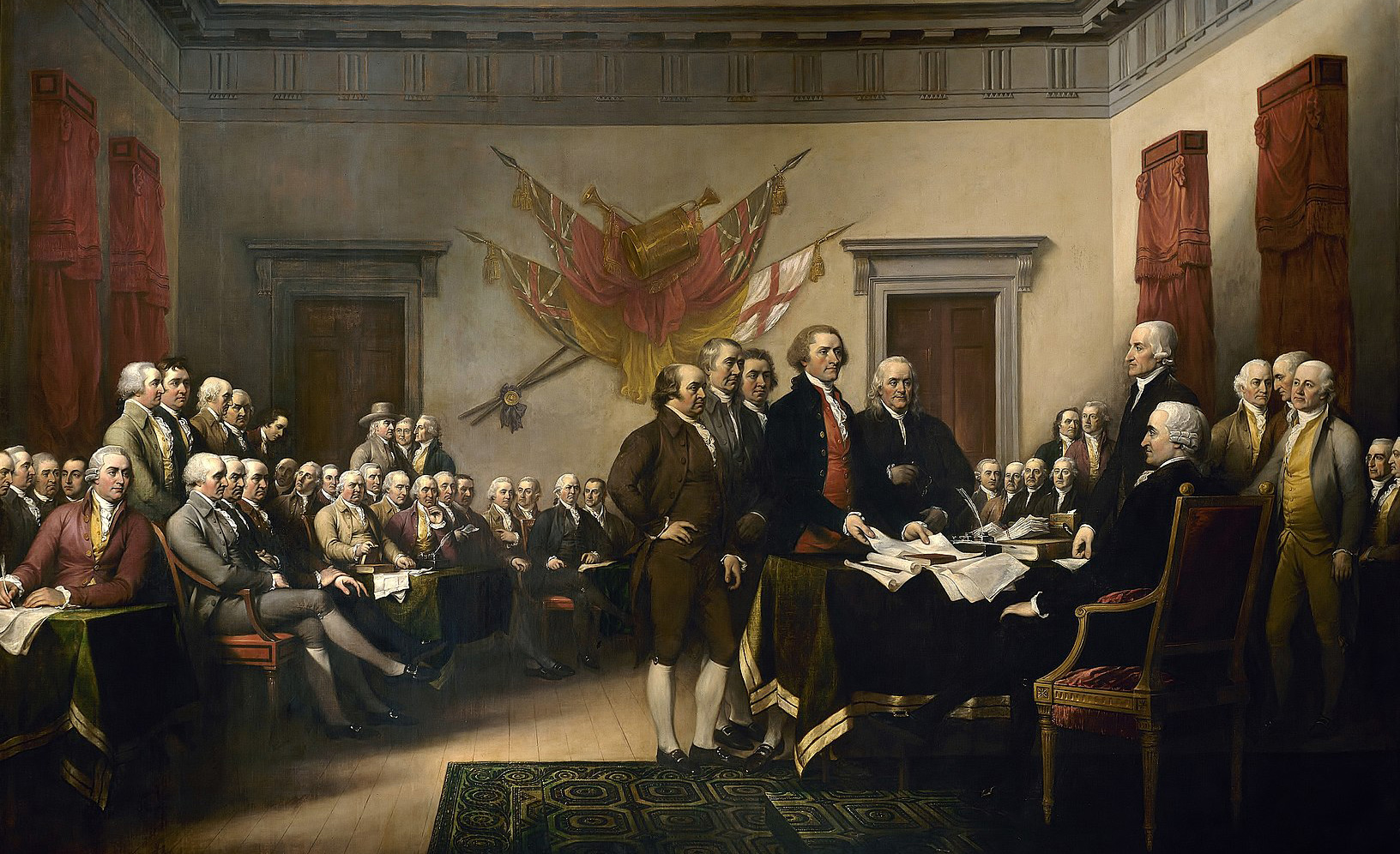This Week’s Guest: Peter Berkowitz
Just over a year ago, Secretary of State Michael Pompeo created the new Commission on Unalienable Rights, tasked with “provid[ing] the Secretary of State advice and recommendations concerning international human rights matters” as well as “fresh thinking about human rights discourse where such discourse has departed from our nation’s founding principles of natural law and natural rights.” The formation of this commission signaled that he views America’s pursuit of human rights at home and abroad as properly rooted the deepest sources of American political philosophy and history.
The Commission on Unalienable Rights has been controversial from the beginning, with critics accusing it of too myopic a focus on religious liberty and too little a focus on questions of sex and gender. In this podcast, we sit down with Peter Berkowitz, director of policy planning at the State Department and the executive secretary of the commission, to hear first-hand the thinking behind the commission’s new draft report and the conclusions it presents.
Musical selections in this podcast are drawn from the Quintet for Clarinet and Strings, op. 31a, composed by Paul Ben-Haim and performed by the ARC Ensemble.
Excerpt (58:24-1:01:15)
Today, as we scan the planet, I don’t know of an abuse quite to rival that of the internment and so-called reeducation camps of more than a million Uighers in Western China. China has clamped down terribly on the free practice of religion. China is rewriting the Bible, a state-approved edition of the Bible for the tens of millions of Christians in China. As you know China has―in conflict with the clear obligations it entered into with the United Kingdom in the 1990s over Hong Kong―imposed a so-called security law, which violates the 1990s agreement, and deprived the citizens of Hong Kong of their basic freedoms. So the State Department under Secretary Pompeo has made a priority of struggling against China’s systematic abuses and alerting the world to the threat that China represents.
If I may tell you this story: back in October of last year, I was at an event in California at the Hoover Institution―Stanford, my home institution―and a man named Jimmy Lai was being interviewed. Jimmy is probably about 70 now, he’s been a long time democracy-freedom activist in Hong Kong, and he’s now I believe imprisoned by the Chinese authorities in Hong Kong. At the end of the interview, Jimmy was asked “What can the United States do to help the champions of freedom and democracy in Hong Kong?” And a pained smile came to his face, and he said “That’s easy―in Hong Kong, we don’t need your tanks, we don’t even need harsher economic measures against China. We especially need one thing from the United States: we need for the United States to cease being embarrassed about your principles.”
Unfortunately the situation is much worse than that. Right now, we return to the convulsions shaking the country at this moment, for many Americans―in elite circles in our universities, in the press, in the entertainment industry―it’s not so much embarrassment over American principles, but it’s a repudiation of American principles. At this moment, freedom activists like Jimmy Lai are most in need of hearing America step up and say “We are proud of these principles. While what the United States can do for people around the world may be limited, we have no doubt that all human beings are by nature free and equal and that we stand with those who stand for freedom.”
Background
For more on the Tikvah Podcast at Mosaic, which appears roughly every Thursday, check out its inaugural post here.
If you have thoughts about the podcast that you’d like to share, ideas for future guests and topics, or any other form of feedback, just send an email to [email protected].
More about: Politics & Current Affairs, U.S. Foreign policy







